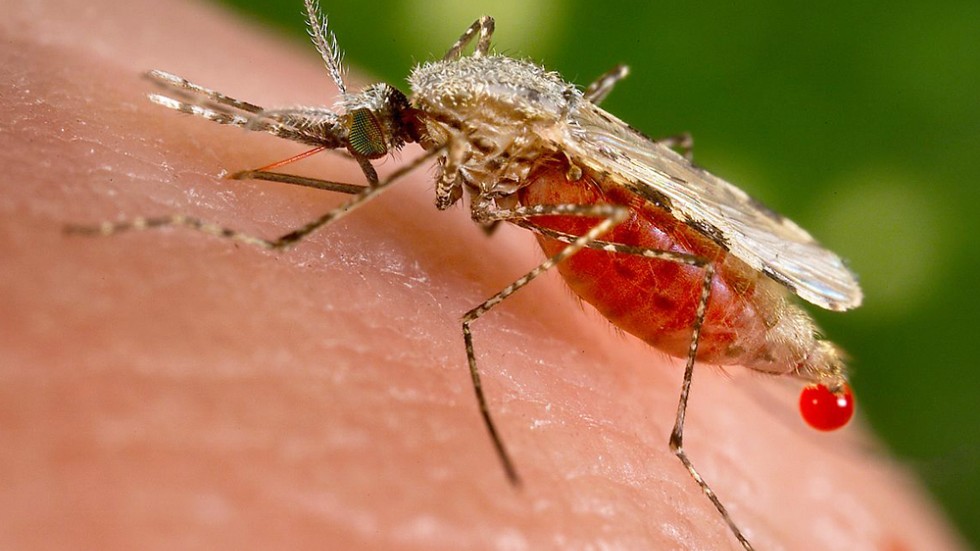What is Chikungunya?
- Chikungunya is a viral infection which is transmitted by a mosquito, primarily in the rainy season, while the bites usually occur during the day rather than in the night.
- After an incubation period of four to seven days, there is a sudden onset of flu-like symptoms including fever, chills, headache, nausea, vomiting, severe joint pain and rash. The rash is most intense on trunk and limbs while the symptoms generally last for three to seven days.
- Mosquitoes transmitting the disease usually breed in clean water collections in containers, tanks, disposables and junk materials.
- Severe cases of Chikungunya can occur in the elderly, in the very young (newborns) and in those who are immunocompromised. Pregnant women can pass the virus to their foetus.
- Chikungunya outbreaks typically result in large number of cases but deaths are rarely encountered.
Treatment
- There are no drugs or vaccines available for Chikungunya. However, symptoms are treated with non-aspirin analgesics.
- Rest and care are indicated in Chikungunya, especially during severe joint pains. Movement and light exercise tend to improve stiffness but heavy exercise may worsen symptoms.
- Please do report to a doctor immediately, if you feel any of the symptoms, and do not ignore or take any medication without consulting.
Emergency actions to prevent its outbreak
- Chikungunya outbreaks evolve quickly, requiring emergency actions to immediately control infection.
- Use safe aerosols (Pyrethroid-based) by spraying for a few seconds and closing the room for 15-20 minutes. The timing of the spray should coincide with the peak biting times of the mosquito, i.e. early morning or late afternoon. Burning coils, neem leaves, coconut shells and husks can act as good alternatives to aerosols.
- Do not let water to accumulate anywhere. Cover or dispose all water containers or other items that can hold water to prevent fresh egg laying.
- Use tight-fitting screens/wire mesh on doors and windows to prevent entry of mosquitos.
- Water stored in containers such as bird baths, plant pots or drip trays, etc. should be changed at least twice each week.
- Have infants sleep under bed nets. Cover your body by wearing full sleeves shirts & full pants during day time.
- Create awareness and impart knowledge among people with health education on all aspects of Chikungynya fever.
Top expert consultation on Chikungunya Disease at Drsafehands.com


Leave a Reply